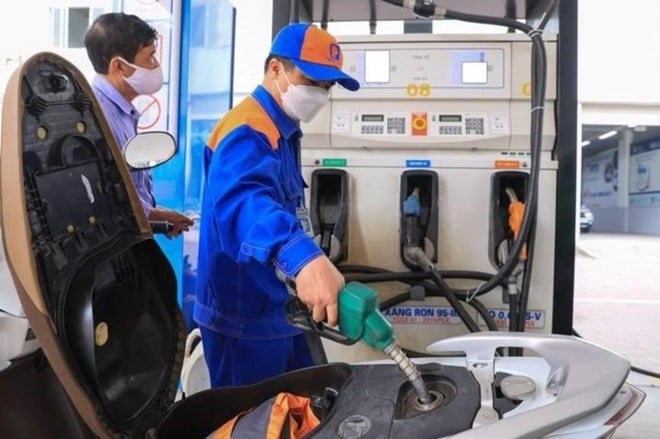
Helps increase transparency and avoid fraud in the sales process
In a report recently sent to the Government, the Ministry of Industry and Trade proposed adding regulations on the roadmap for implementing electronic invoices in the draft amendments to Decrees 95 and 83 on petroleum trading.
In particular, for retail gasoline stores in the plains and urban areas, the implementation period is 1 year from the effective date of the amended Decree 95; for retail gasoline stores in mountainous areas, the implementation period is 2 years from the effective date of this Decree.
The Ministry of Finance also requires the application of electronic invoices at all retail gasoline stores.
In addition to designing, constructing and having equipment in accordance with national technical regulations, according to the requirements of the Ministry of Finance, petrol stations must have one of the following types of equipment, means and devices to record and print petrol measurement results, ensuring that the results are connected and transferred to the electronic invoice system to create invoices according to regulations on invoices and documents.
In fact, many "big guys" in the petroleum business have been implementing electronic invoices. Since 2018, the Vietnam National Petroleum Group ( Petrolimex ) has applied electronic invoices instead of paper invoices at its gas stations. The group has also implemented a solution to issue electronic invoices immediately after each sale.
Specifically, with 2,700 petrol retail stores owned by Petrolimex, electronic invoices are issued immediately after each sale is completed.
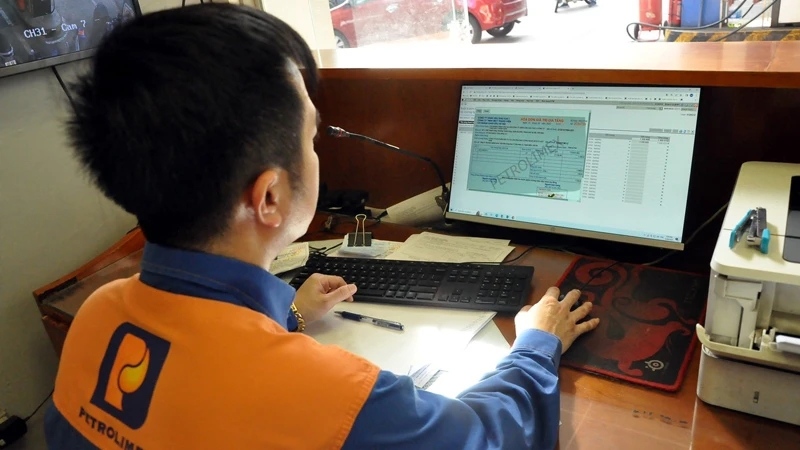
On November 1, Mr. Pham Kien - Deputy Director of Petrolimex Bac Thai - said that issuing electronic invoices for each pump log helps increase transparency, avoid fraud in the sales process; increase revenue for the state budget; and strengthen customer trust.
At the same time, it helps state agencies, including tax authorities, to be more convenient in the management process. For corporate customers with many vehicles, the management of fuel import by drivers is also more convenient.
However, this invoice issuance also encountered some difficulties when customers switched to buying from other suppliers, because they were not able to meet the requirements for writing the quantity of gasoline and oil purchased as requested, and also because the data entry according to electronic invoices increased.
Unreasonable
Currently, except for drivers who need to get invoices for businesses to deduct expenses, many people say they do not need invoices because they do not know what to do with them while having to wait.
Speaking with Lao Dong on November 4, Dr. Giang Chan Tay - Director of Boi Ngoc Petroleum Company (Tra Vinh) - said that the petroleum management agency's requirement that petroleum retail stores issue invoices each time they pump gasoline for sale to customers is unreasonable, causing social waste when having to use a large number of unnecessary invoices.
Because gasoline has a clear origin, just like motorbike production must register the factory quantity and circulation registration, it cannot be said to be tax evasion.
As for imported gasoline and oil for sale, after issuing invoices according to customer requests for payment or reasonable expenses; the remaining amount is the part that consumers do not need to use invoices for, at the end of the day, the business still has to summarize retail sales in the form of customers not taking invoices.
If we do not issue invoices to deduct inventory, the inventory will increase every day and there will be no tank to contain it. How can we make it suitable for the store's capacity?
"Currently, retail gasoline stores are designed with specific capacities reported to the tax authorities, fire departments, and the Department of Industry and Trade. Input and output invoices are all compiled, declared, and reported to the tax authorities monthly and quarterly, so the tax authorities can easily compare them. There is no way to leave them out of the books to evade taxes here.
Therefore, the Ministry of Industry and Trade's concern about invoice fraud is unlikely to occur at gas stations, unless they fraudulently purchase gasoline outside the territorial waters, without input and with incorrect origin and source according to regulations.
"The purchase of fraudulent goods outside the territorial waters is a big deal and falls under the responsibility of the General Department of Market Management and the investigation agency," said Mr. Giang Chan Tay.
According to Mr. Giang Chan Tay, for each invoice issued, retail businesses must buy at a price of 433 - 520 VND/invoice. Each time the petrol pump sells to a customer, it will issue an electronic invoice, costing about 400-500 VND, while the commission is 300-400 VND/liter of petrol, so how can retail businesses survive?
"Not to mention in remote areas, low-income people only spend 20,000 VND each time buying gasoline, less than 1 liter, but have to issue a bill worth about 500 VND, so the business is considered to have lost everything," he said.
Source


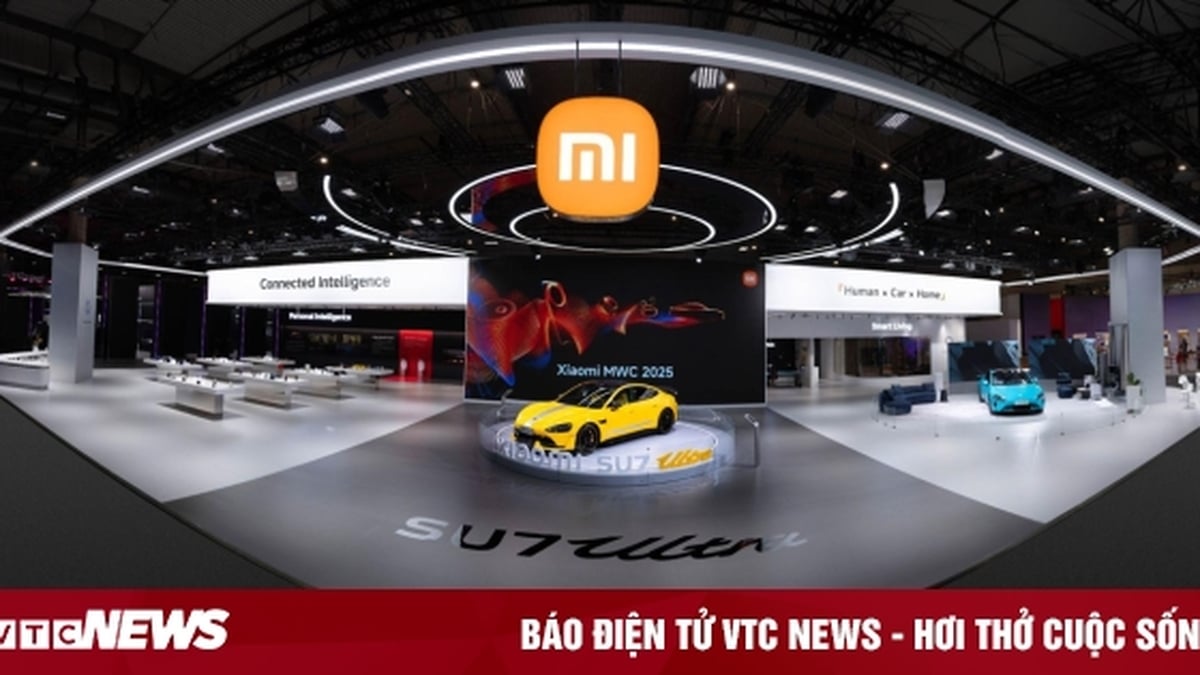
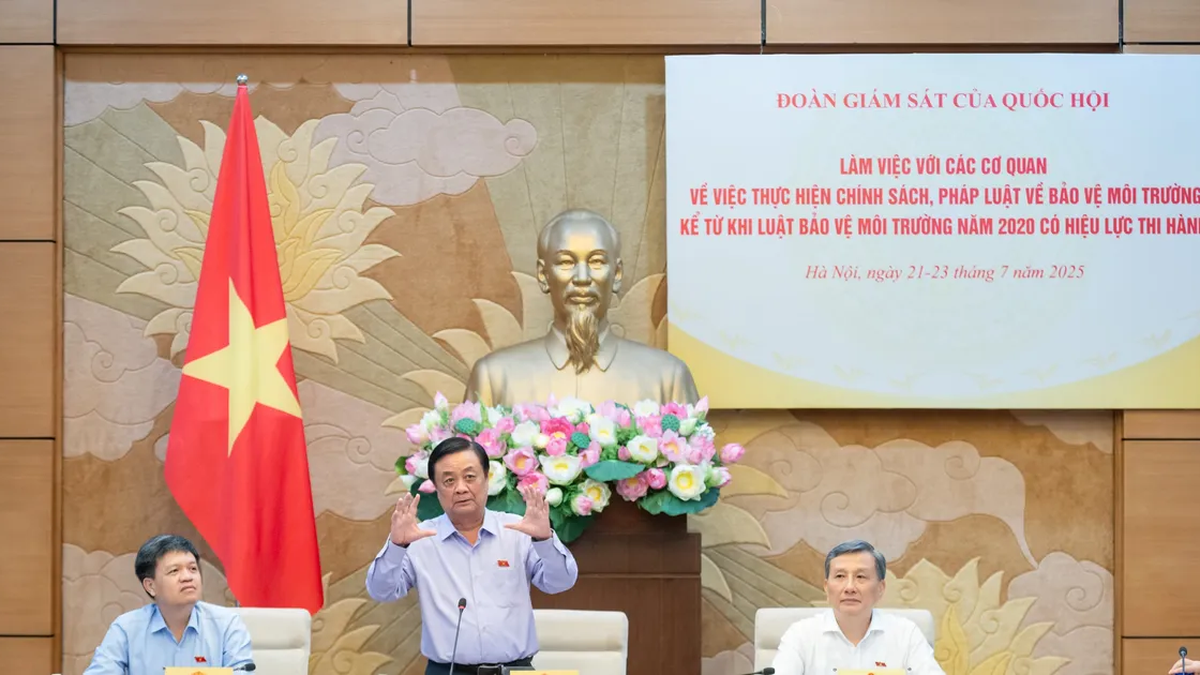
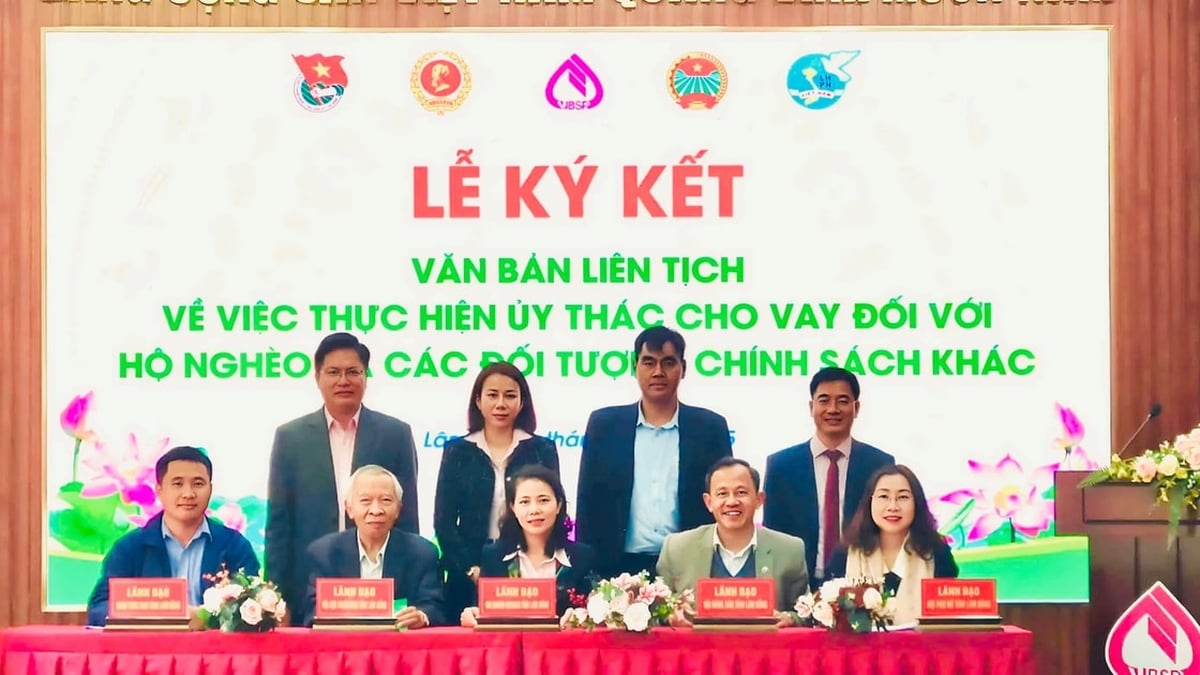

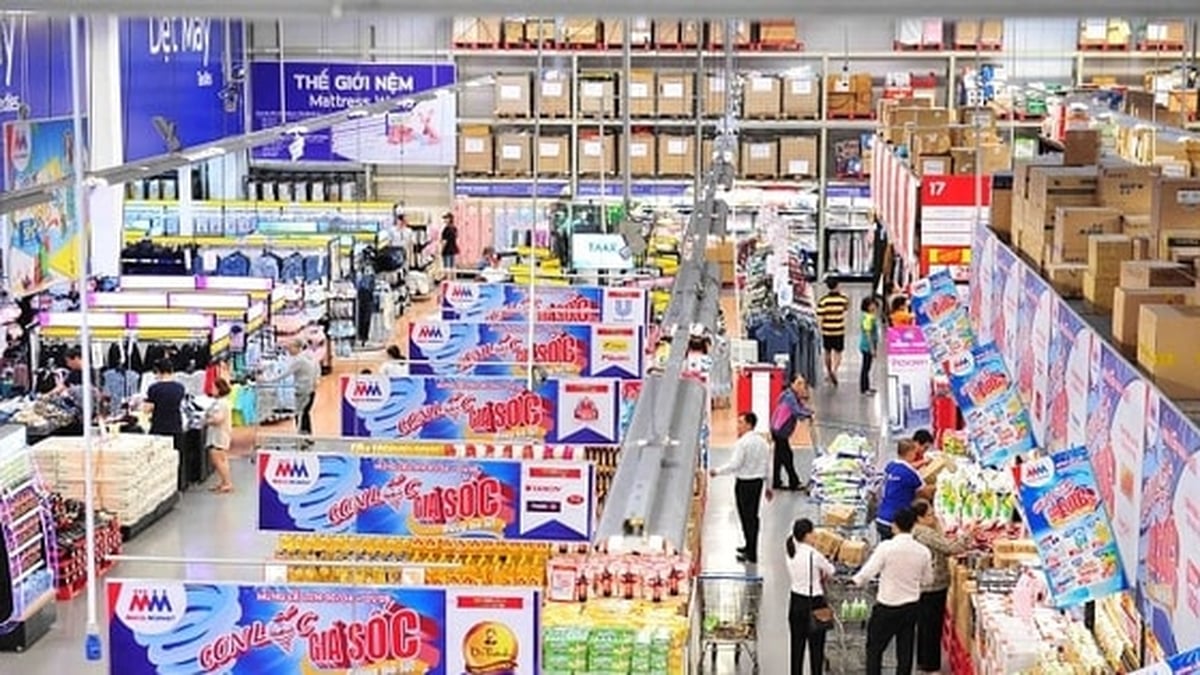


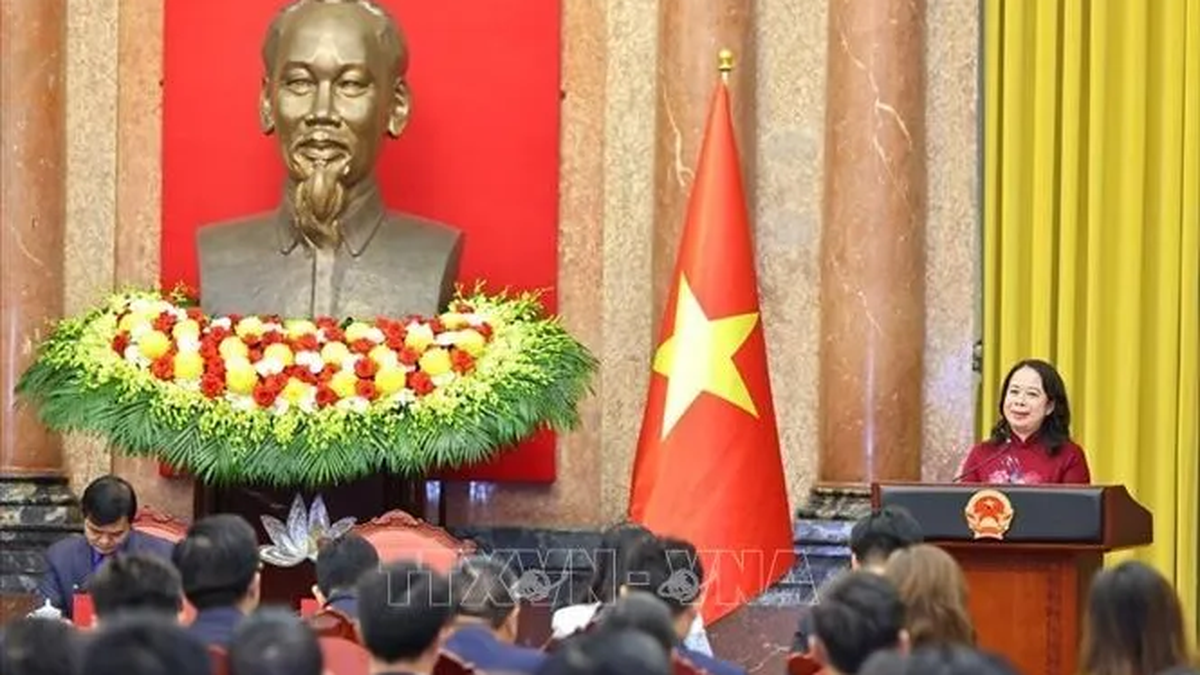
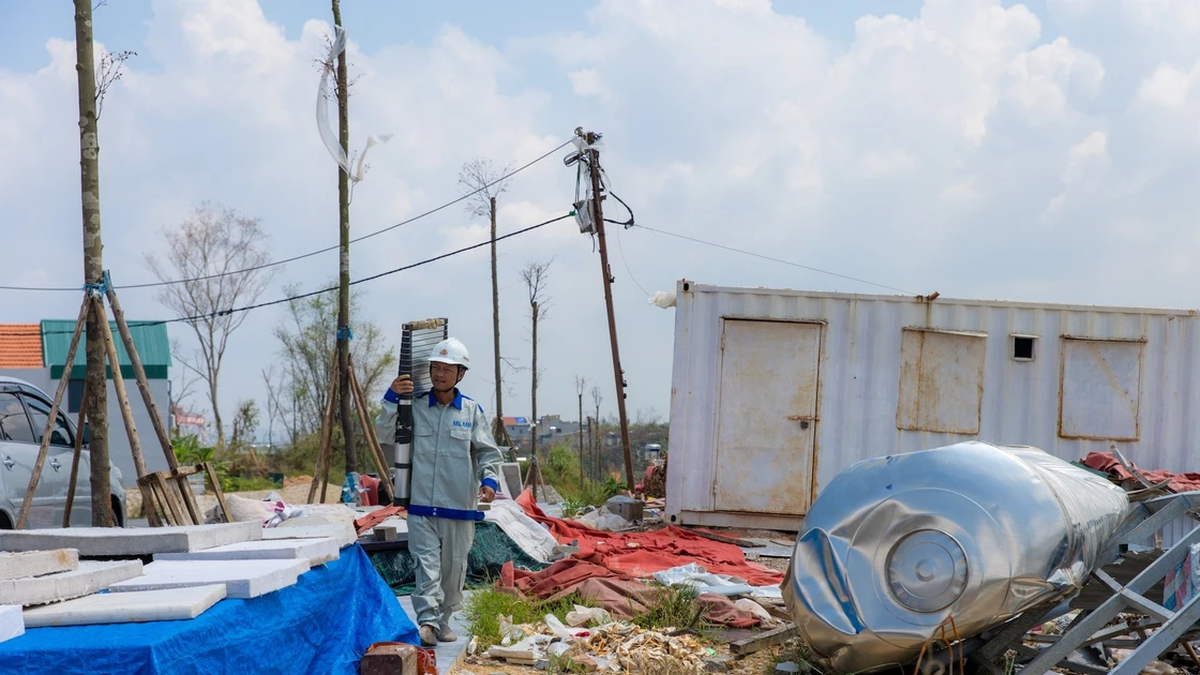
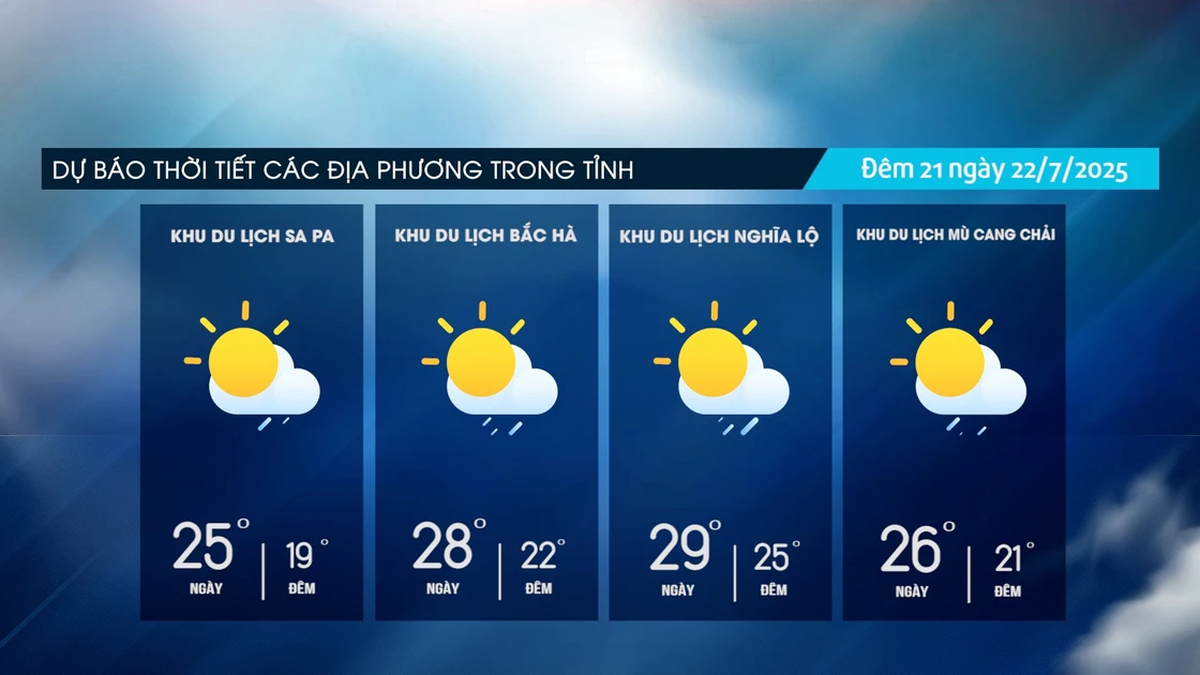

















![[Photo] National Assembly Chairman Tran Thanh Man visits Vietnamese Heroic Mother Ta Thi Tran](https://vphoto.vietnam.vn/thumb/1200x675/vietnam/resource/IMAGE/2025/7/20/765c0bd057dd44ad83ab89fe0255b783)

















































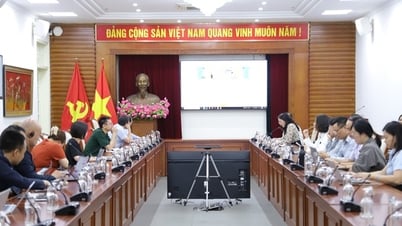





















Comment (0)